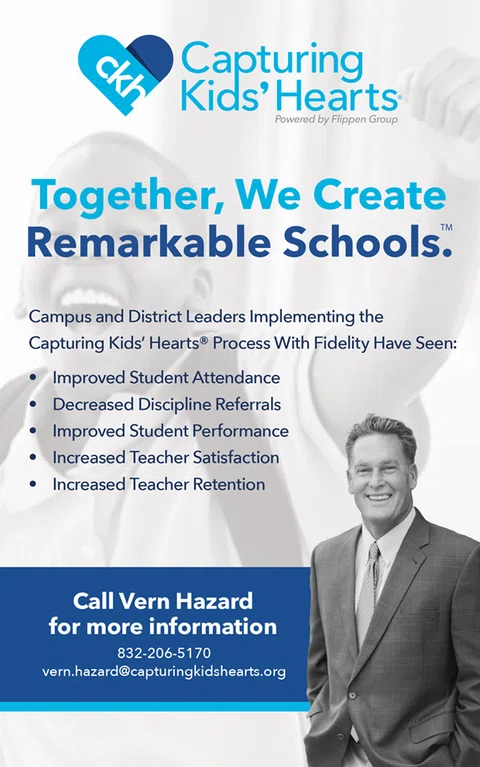Reclaiming time and reimagining teaching
AI as a catalyst for change in California classrooms
May 12, 2025
The following article was written by Dr. Shelley L. Spessard.
As a lifelong educator, advocate and researcher, I set out to study how artificial intelligence could realistically and ethically support classroom teachers — not in the abstract, but in the day-to-day rhythm of their work. The result of that research is my new book, “The AI Playbook: 33 Winning Plays for Teachers” — a collection of practical prompting strategies designed to save teachers time, personalize learning and reignite professional purpose.
Through this study, which drew from years of classroom observations, educator interviews, and a review of emerging AI literature, one truth became undeniable: The role of teachers has outgrown the traditional school structure. But with thoughtful integration, AI has the potential to serve as a much-needed teammate — not a replacement. As educational leaders Justin Reich and Linda Darling-Hammond have explored, this is more than innovation; it is about truly honoring the ever-changing needs of educators and students.
Researching the prompt as pedagogy
At the heart of my research was a guiding question: How can prompt engineering be positioned as a pedagogical skill to support teachers in managing workload, meeting diverse learner needs, and sustaining joy in the profession?
What emerged was the recognition that prompting an AI tool — when done strategically — is not unlike effective questioning in the classroom. It can be taught, practiced and refined. As educational researcher Yong Zhao has noted in his work on emergent technologies, the educator’s role in shaping the tool’s use is more important than the tool itself. This insight shaped the creation of 33 “plays” that educators can use immediately. These include everything from lesson tuning and language supports to creating formative assessments and rubrics. Each play is framed with ethical considerations, student privacy and teacher voice at the forefront.
What it means for school leaders
Administrators across the globe have a unique opportunity to lead with curiosity and vision in the face of disruptive technologies. Supporting AI use doesn’t require being a tech expert — it requires being a systems thinker. Administrators can support teachers by offering time to explore, professional development rooted in practical tools, and policies that ensure safety without stifling innovation. This is underscored by Michael Fullan’s research, which emphasizes how leadership insights teach us that genuine transformation is fueled by meaningful relationships and purpose rather than technological tools.
One of the strongest strategies I’ve seen in districts beginning to integrate AI thoughtfully is the creation of prompt-based professional learning sessions tailored to site-specific goals, grade levels and content areas. These sessions move beyond general tech training and instead anchor professional development in the real instructional challenges teachers face — such as differentiating content for English learners, planning standards-aligned lessons, or designing assessments that actually inform instruction. Rather than focusing on the tool itself, these sessions frame prompt engineering as a cognitive skill that mirrors effective questioning strategies already familiar to educators. The outcome isn’t just increased AI fluency — it’s a reclaiming of professional autonomy and creativity. As Marcus Buckingham notes in his 2022 book “Love + Work,” sustainable change comes when professionals feel seen, supported and trusted to shape their own practices. By embedding AI into the professional learning experience in this way, schools aren’t just adopting technology — they’re creating space for renewal, experimentation and joy in teaching.
A call to reclaim the possible
The AI Playbook was written as a direct response to what my research revealed: That teachers are overwhelmed but still deeply hopeful. They don’t want magic; they want manageable, meaningful change. Prompting AI to serve instruction is one way we can begin to provide that.
To fellow educators, I encourage you to view AI not as a disruption, but as a powerful ally in restoring the time, creativity, and energy that drew us to teaching in the first place. Let’s guide this shift together — for our teachers, our students, and the future of learning in California and beyond.
Shelley L. Spessard, Ed.D., is an adjunct professor at Westcliff University, founder of EduAdvocate and an ACSA member.





